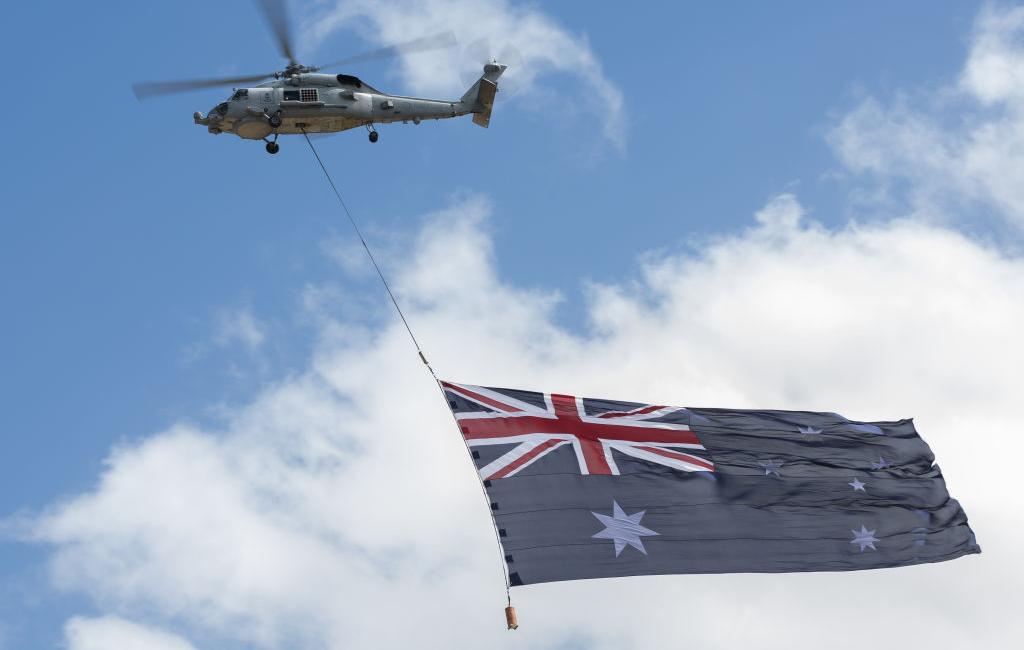Commentary
The issue of Australia’s relationship with China has been raised several times during the federal election campaign. Last month, it emerged that that the government of the Solomon Islands, which lie only 2,000 kilometres (1,250 miles) off Australia’s north-east coast, had agreed to enter into a security deal with China. There has also been attention focused on Deputy Labor Leader Richard Marles and his seeming equivocation and obfuscation over dealings with Chinese officials.





